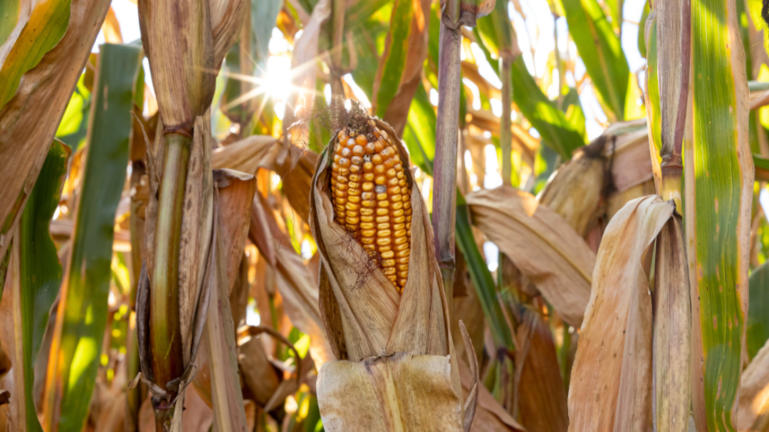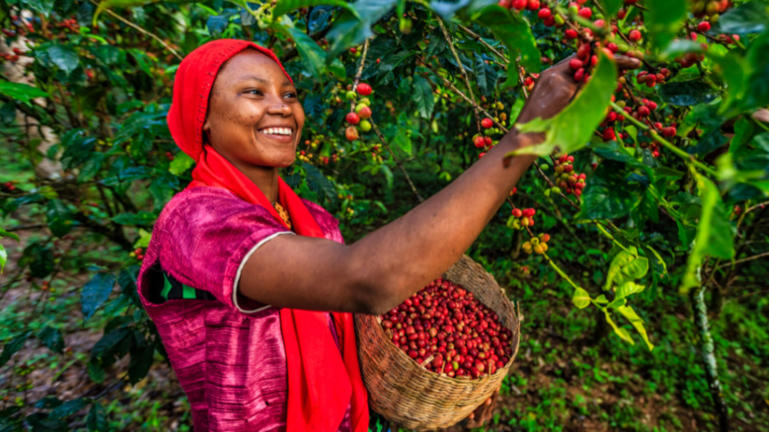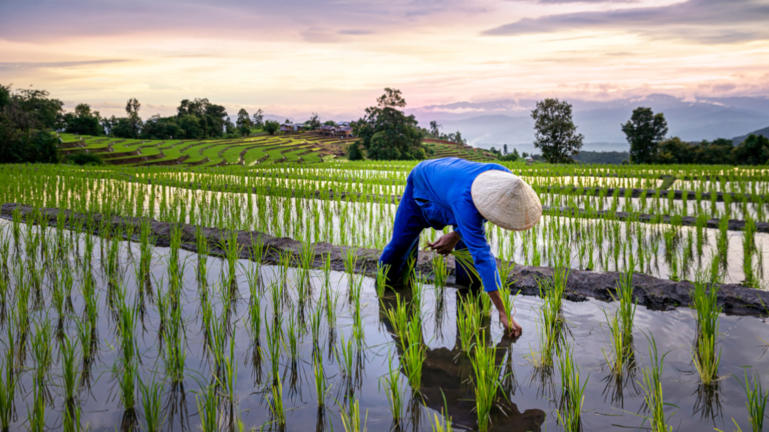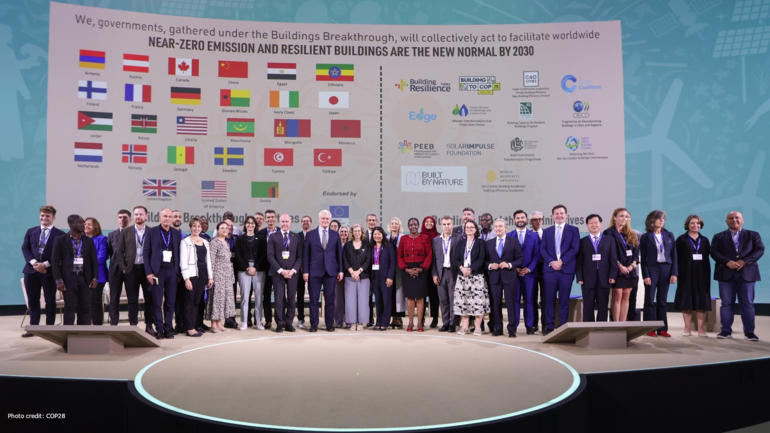Geneva, 13 April 2022: Today, the World Business Council for Sustainable Development (WBCSD) launched SPHERE, the packaging sustainability framework. Developed in collaboration with 12 companies including several WBCSD members, across the packaging value chain, the new framework helps businesses choose the most sustainable option for their specific packaging need and delivery system by providing an overview of all environmental impacts and the trade-offs between them.
Packaging makes up around a third of the municipal waste generated annually in the European Union and the United States. The capital cost of the adverse environmental effects caused by plastic packaging alone has been valued conservatively by UNEP at USD $40 billion.
Multiple tools, metrics and methodologies exist to guide companies in choosing sustainable packaging options, but they often fail to address the impacts of packaging holistically.
WBCSD’s SPHERE framework helps decision-makers evaluate the environmental impacts of packaging in their full complexity. It supports companies in reducing their ecological footprint and informs their long-term packaging sustainability strategy, accelerating their progress towards net-zero and nature-positive targets. The framework is based on six principles including packaging efficiency, circularity, impact on climate change and biodiversity loss, absence of harmful substances and waste mismanagement.
“As the environmental impacts of packaging become increasingly evident and pressure from consumers grows, companies need robust tools and methodologies to assess the sustainability of their packaging products and portfolios. Working with leading companies in the field, an expert consultancy team and an advisory group, we have combined existing metrics, methodologies and databases in a single framework that can be used to identify priorities for action and monitor performance and progress over time. As a result, companies can reduce the environmental pollution, greenhouse gas emissions and nature loss associated with packaging by placing their efforts where it matters the most,” said Maayke Damen, Director, Products & Materials, WBCSD.
Julien Boucher PhD., Founder and Director, Environmental Action, said “We were thrilled to take part in the creation of the long-needed reconciliation of LCA metrics with end of life impacts and circularity. This has been a key need from the industry for meaningful decision making and we hope it will be the giant step we hoped to create.”
“Sustainability has come of age at a time where collaboration between companies along the entire supply chain is needed more than ever. To address the significant challenges our planet is facing, we need to have a common goal and a common language. The SPHERE framework establishes the common ground so that we can act quicker and with more impact.” Michael Mapes, CEO, Trivium Packaging.
The dynamic nature of the SPHERE framework allows us to update it regularly to incorporate new targets as the science and the social and economic pillars of sustainability evolve. In order to increase the accessibility of SPHERE, and to support a collective step forward in environmental action for all actors involved in packaging decision-making, we will partner with tool providers to integrate the six principles of sustainability in packaging in existing assessment tools.
Please reach out about potential partnerships, we would be happy to support the integration of SPHERE in your tool.
For more information, please contact Julie Cachat, cachat@wbcsd.org
SPHERE Working Group
Aptar Group, Corteva Agriscience, Deloitte, F. Hoffman – La Roche, GlaxoSmithKline, Microsoft Corporation, Philip Morris International, Saint-Gobain, Sealed Air, The Kuwaiti Danish Dairy Company, Trivium Packaging, Whirlpool. Trivium Packaging and Deloitte are co-chairs of the workstream that developed SPHERE.
SPHERE development partners
EA - Environmental Action, Quantis, South Pole.
SPHERE Advisory Group
Circular Analytics, Dow, University of Vienna.








